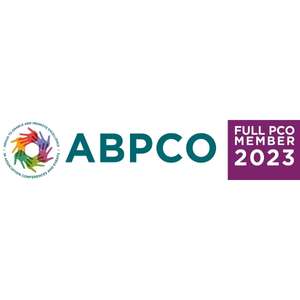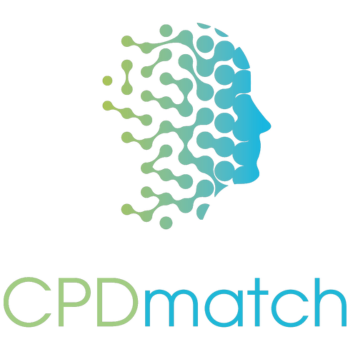Fresh from a global project with the World Health Organisation, Gege argues that AI could have a substantial socioeconomic impact in healthcare by improving patient outcomes and access and optimising the use of resources. However, to reach its full potential a series of barriers must be addressed by public and private stakeholders.
Estimating the socioeconomic impact of AI on the UK health systems is fundamental to advancing the current discourse on the role AI can and should have in health. The socioeconomic impact is quantified through impacts on health outcomes, financial resources and time spent by healthcare professionals. By estimating the number of saved lives, the cost savings and the hours freed up for HCPs, it is possible to quantify the potential impact of AI on global healthcare systems.
A "Trust-led and trust-led" self-service approach, powered by super intelligent chatbots (AI Virtual Assistants), has the potential to bridge the gap between the NHS and patients. By providing personalised, reliable, multi-lingual, and accessible support, AI Virtual Assistants can build trust and increase patient engagement.
As a market leader in EPR solutions, The Access Group understand that the adoption of AI in healthcare will face challenges, but these can be mitigated by making AI trustworthy, carefully managing data, making it usable across the clinical estate, communicating the benefits of AI and guidance on applying regulations to AI technologies.
Exploring a real-world conversational AI project, to implement a first of kind school-age children’s vaccination e-Consent pilot in Shropshire NHS Trust. The session will also cover next steps in deploying across all school-age vaccination campaigns and extending into appointment management automation.
Exploring the first steps of a real-world automation project. How do you get started? What’s important to consider and plan when introducing technology? The session will present key learnings and insights from the work carried out at Betsi Cadwaladr University Health Board.
In particular: building a phased approach to implementation, scoping the digital journey and constraints, identifying where new technology should be integrated within the digital journey and the patient pathway, horizon scoping on the applicability of an AI Virtual Assistant to supporting the organisation and patients as well as next steps planned for the project.
Example AI projects that can be co-funded by EBO Heath Skunkworks
In this session we’ll explore the wide range of patient-facing processes that NHS Trusts are already automating end- to- end using AI Virtual Assistants. We’ll showcase the real-world problems that EBO can help you tackle, giving you ideas on where to start your automation journey.
Then, because we know finding that initial investment can often be challenging, we’ll explore how the EBO Health Skunkworks can help fund your first automation project- to kick-start your automation journey.

























